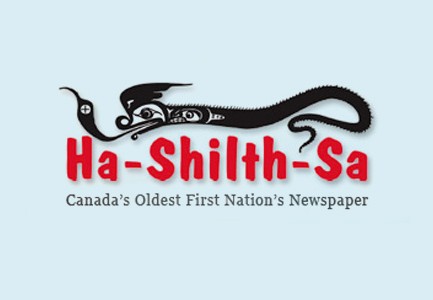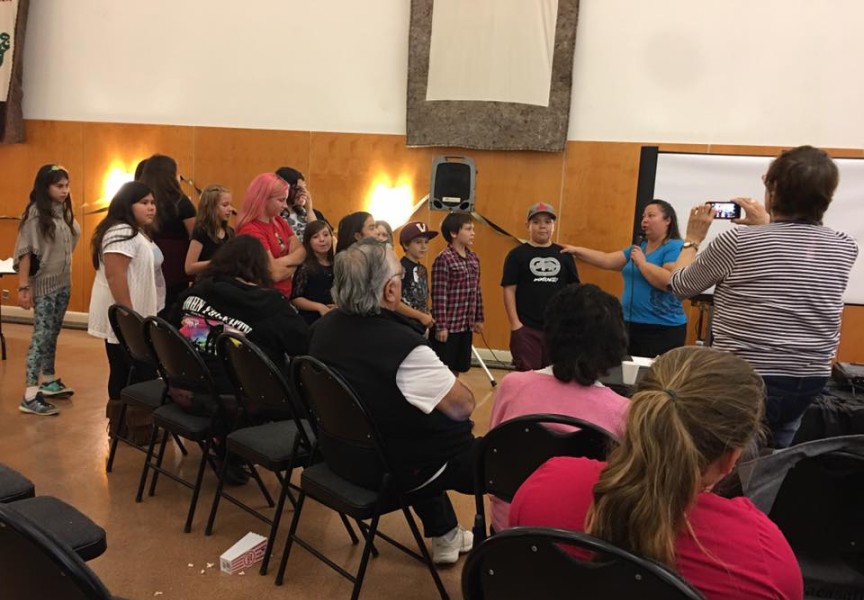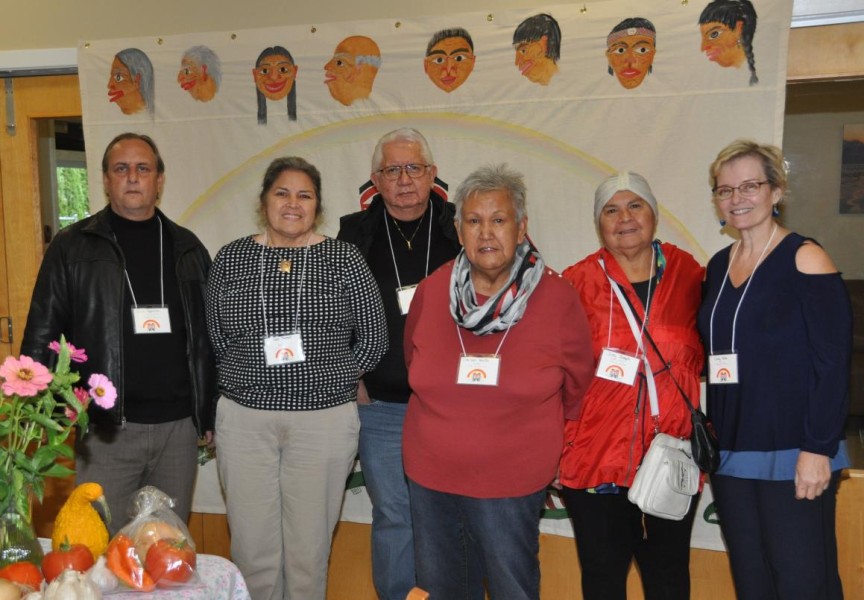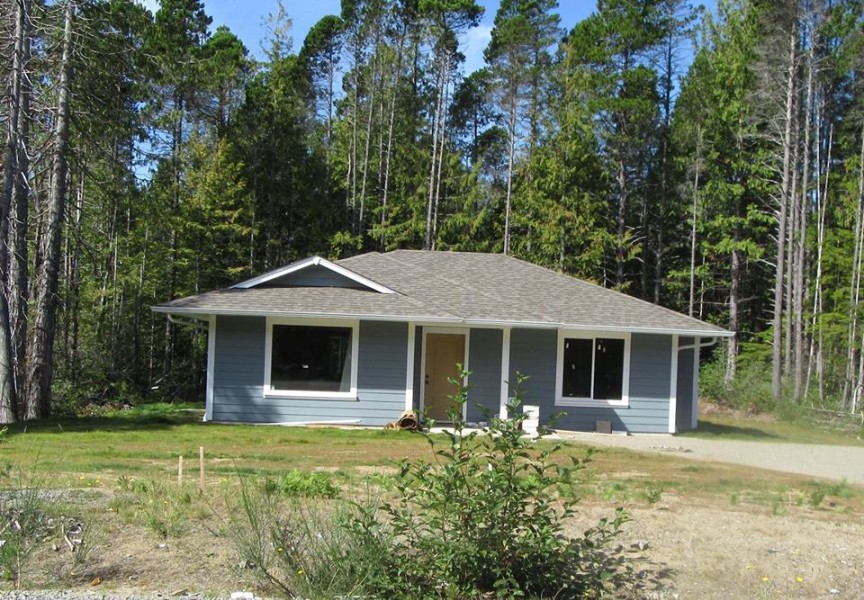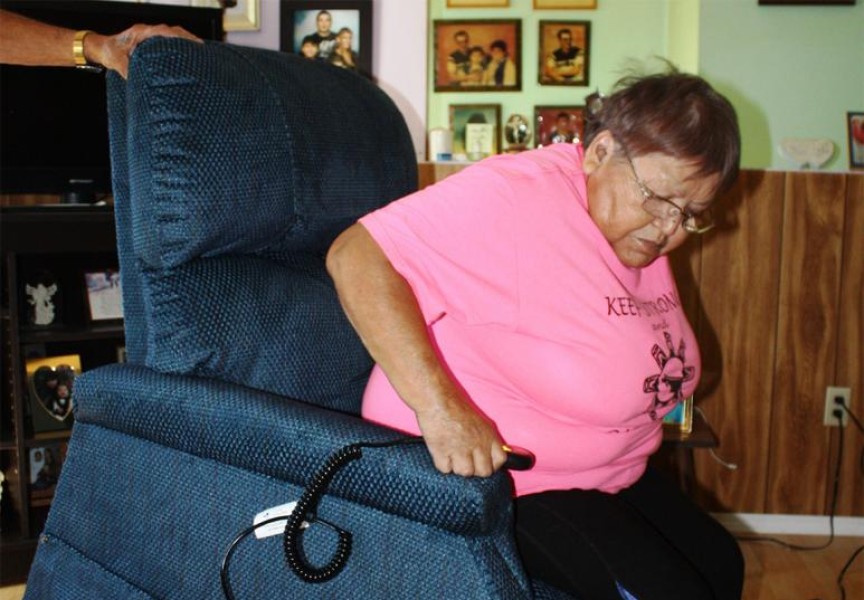The Tseshaht First Nation has today demanded that the Province of B.C. conduct more testing for high levels of arsenic, cobalt and selenium in the Barkley Sound area.
The popular Toquaht Bay Marina, boat launch and campground were closed March 21st by the Province of B.C. due to high levels of arsenic, selenium and cobalt. Provincial health officials also advised people not to consume shellfish from the campground's foreshore.
Tseshaht Chief Councillor Hugh Braker said “This limited testing is not enough.” In his letter of
March 25 to Minister of Environment Terry Lake, Braker said, "Given the presence of Tseshaht reserves in the area and given the tidal and current patterns in Toquaht Bay, Mayne Bay and Barkley Sound, the Tseshaht are justifiably concerned."
Also in his letter to the Minister, Braker pointed out that, "The Tseshaht have a reserve known as Equis Reserve. The Equis Reserve is partly on Mayne Bay, which is adjacent to, and joined to, Toquaht Bay. The Tseshaht have been in discussions with potential investors about an aquaculture (shellfish) development at the Mayne Bay side of our Equis Reserve. The Tseshaht also have a clam operation on the Barkley Sound side of the Equis Reserve which is immediately outside of Toquaht and Mayne Bays. We harvest shellfish from that area."
Braker said that the Tseshaht harvest seafood from many places in Barkley Sound and are now worried that the pollution has spread throughout the area due to tides and currents and stream flows. “This has the potential to turn into an environmental nightmare and economic disaster for the Tseshaht.” Braker said. “While we hope that the pollution is minimal, we need assurances that the seafood from Barkley Sound is safe for our children to eat. Only adequate testing can provide that assurance,”
Tseshaht harvest seafood year-round from Barkley Sound and surrounding areas.
“It appears this pollution was caused by an iron ore mine being allowed to dump sand andtailings onto Toquaht Beach and its foreshore. The Province of B.C. allowed that to happen. Itwas the Province of B.C. that allowed the mine company to dump the tailings and sand withoutadequate testing or control and now it should be the Province of B.C. that is responsible for thetesting to see if seafood in Barkley Sound is safe. B.C. is also responsible for the cleanup of thecontaminated area." Braker said.


